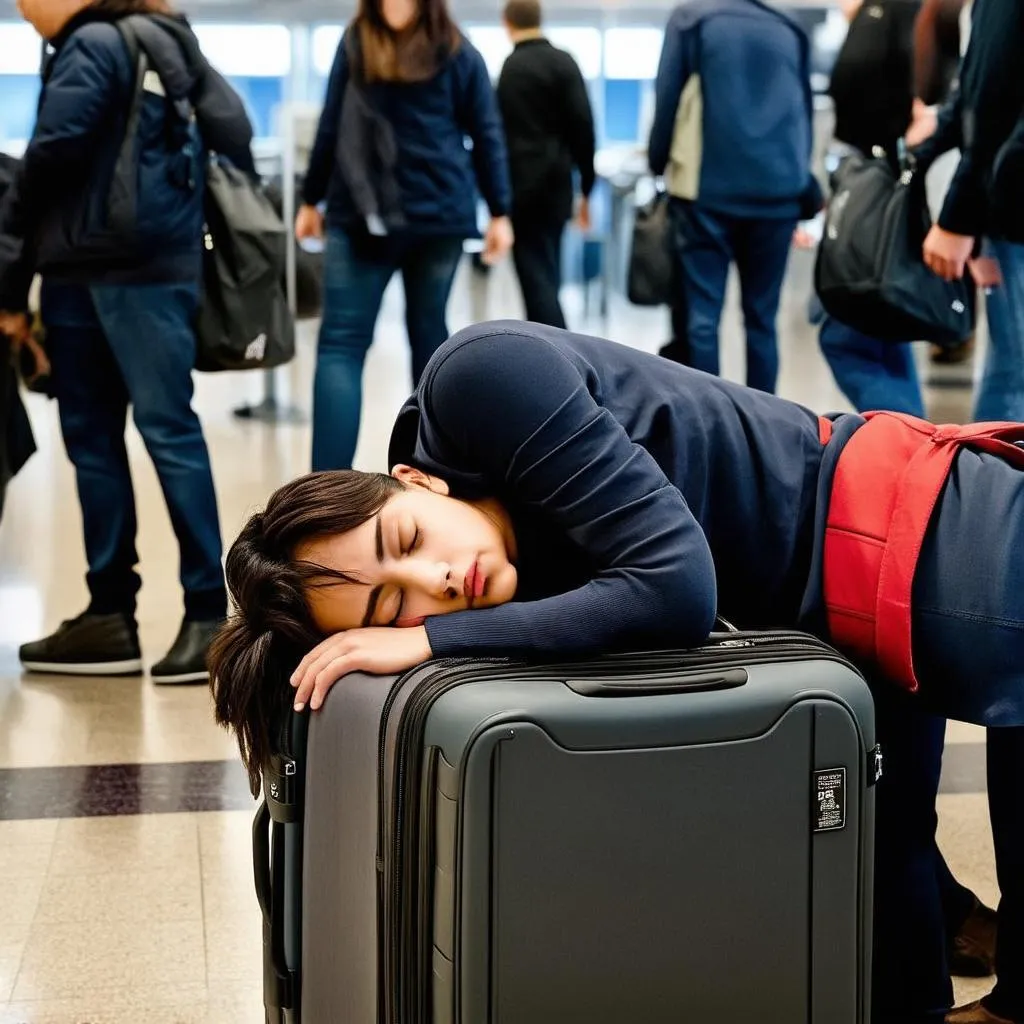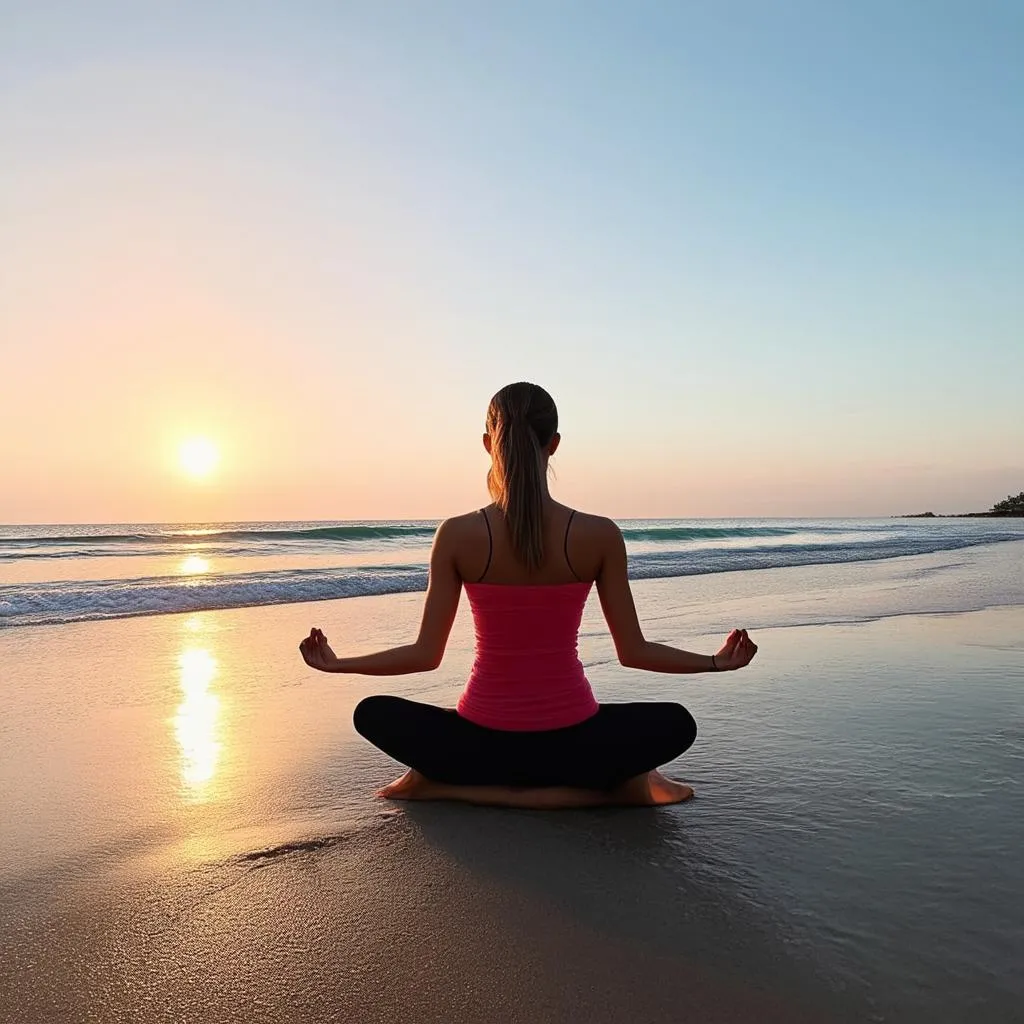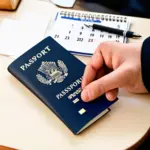Remember that trip to Rome? You spent weeks researching the best pasta restaurants and meticulously planning your itinerary to hit all the historical hotspots. But by day three, you were completely drained, craving nothing more than your own bed and a good night’s sleep.
So, Why Is Traveling So Tiring, even when it’s supposed to be fun and relaxing? Let’s explore the reasons and, more importantly, how to overcome travel fatigue and enjoy every moment of your adventures.
The Science Behind Travel Fatigue
It’s not all in your head; there are actual scientific reasons why traveling can take a toll on your body and mind.
1. Disrupting Your Body Clock
Jet lag is the most obvious culprit. Crossing multiple time zones throws your circadian rhythm out of whack, affecting your sleep patterns, hormone production, and even digestion. But even traveling within the same time zone can disrupt your usual routine and lead to fatigue.
2. Physical Demands
Think about a typical day of sightseeing. You’re walking miles through museums and bustling city streets, hauling luggage up stairs, and maybe even squeezing onto crowded public transportation. It’s no wonder you’re exhausted!
3. Sensory Overload
New environments bombard your senses with unfamiliar sights, sounds, smells, and even tastes. While exciting, this constant stimulation can be overwhelming, leading to mental fatigue. Imagine navigating the bustling night markets of Bangkok or the vibrant souks of Marrakech – exhilarating yet exhausting!
4. Dehydration and Unfamiliar Foods
Airplane cabins, long bus rides, and even exploring in hot climates can quickly dehydrate you. Couple that with changes in your diet and potential exposure to unfamiliar bacteria, and your body has extra work to do, leaving you feeling sluggish.
Tips to Combat Travel Fatigue
Don’t let travel fatigue put a damper on your adventures. Here are some strategies to stay energized and enjoy every moment of your trip:
1. Prioritize Sleep
- Gradual Adjustment: Before your trip, adjust your sleep schedule gradually to align with your destination’s time zone.
- Restful Sleep Environment: Pack earplugs, an eye mask, and even a travel pillow to create a familiar and comfortable sleep environment.
- Hydration is Key: Drink plenty of water throughout your flight or road trip to combat dehydration, which can worsen jet lag.
2. Pace Yourself
- Don’t Overpack Your Itinerary: Allow for downtime and flexibility in your schedule. It’s okay to spend a day relaxing by the hotel pool or simply wandering a new neighborhood.
- Break Up Long Journeys: If you’re on a road trip, plan for regular stops to stretch your legs and avoid driver fatigue. For long flights, consider breaking up your journey with a stopover.
3. Minimize Sensory Overload
- Schedule Quiet Time: Evenings are a great time to relax in a quiet environment, like a park or your hotel room, to give your senses a break.
- Engage in Calming Activities: Pack a book, listen to soothing music, or practice mindfulness exercises to de-stress and recharge.
4. Stay Hydrated and Eat Mindfully
- Carry a Reusable Water Bottle: Refill it throughout the day, especially in hot climates or air-conditioned environments.
- Choose Familiar Foods: Opt for meals that incorporate familiar ingredients, especially in the first few days of your trip, to help your digestive system adjust.
- Pack Healthy Snacks: Having nutritious options on hand prevents you from reaching for sugary or processed foods when hunger strikes.
 Airport Travel Fatigue
Airport Travel Fatigue
Feng Shui Tips for Travel
Believe it or not, incorporating some Feng Shui principles into your trip can promote positive energy and reduce travel stress:
- Pack Mindfully: Choose a suitcase in a calming color like blue or green. Organize your belongings neatly to promote a sense of order and tranquility.
- Activate the Travel Sector: According to Feng Shui, the northwest corner of your home governs travel. Before your trip, enhance this area with metal elements like a globe or travel souvenirs to attract positive travel energy.
- Carry a Protective Talisman: A small object with personal significance can provide comfort and a sense of security during your travels.
FAQs About Travel Fatigue
Q: Is it normal to feel tired after traveling?
A: Absolutely! Traveling, even for leisure, disrupts your routine and exposes you to new environments, leading to physical and mental fatigue.
Q: How long does travel fatigue last?
A: It varies depending on factors like the length of your trip, time zone changes, and your overall health. For most people, it takes a few days to adjust.
Q: What is the best way to prevent travel fatigue?
A: Prioritize sleep, stay hydrated, eat mindfully, and pace yourself. Don’t try to cram too much into one trip!
 Woman Meditating on Beach
Woman Meditating on Beach
Travelcar.edu.vn: Your Guide to Stress-Free Travel
Traveling should be an enriching and enjoyable experience. By understanding the causes of travel fatigue and incorporating these tips into your travel routine, you can minimize its impact and return home feeling refreshed and rejuvenated.
For more travel tips and resources, visit travelcar.edu.vn, your one-stop destination for all things travel.
Explore these articles for further insights:
Remember, the journey is just as important as the destination. Travel smart, listen to your body, and embrace the adventure!

